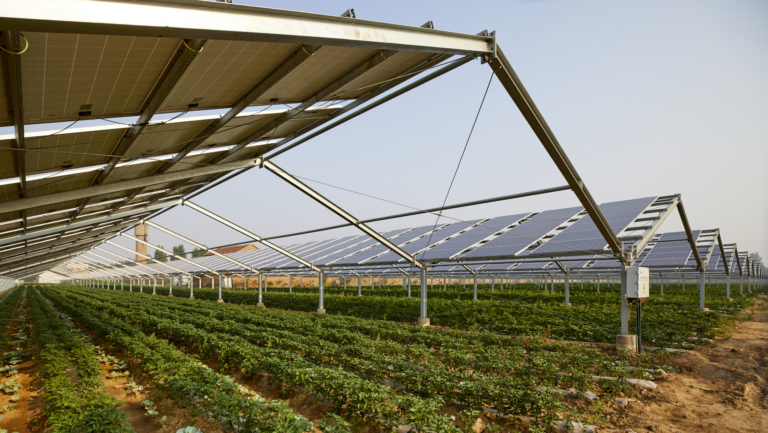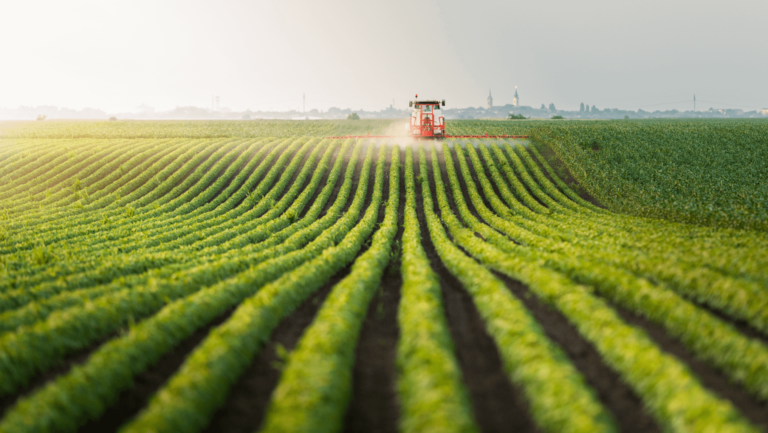Ground Rules: How Soil Type Affects Ag Land Values
The soil type of any parcel will have a great impact on the land’s value, especially when it comes to farmland valuations and real estate assessments.
A farm’s greatest asset is its land. If you’re considering buying land with an ag land loan for farming, looking into the land’s soil type is an important step in determining the worth of the land. It’s also an indicator of how much work the soil will need in order to provide a nutrient-rich environment for your crops. Take a look at different soil types, how to determine what kind of soil is on your land, and how soil types factor into the overall value of your property.
Six Soil Types
Every part of the country has one or a mixture of the six different soil types. The soil’s classification is based on the texture and size of the particles in the soil, as well as on the mineral and nutrient content of each type. Your soil may be:
- Loamy
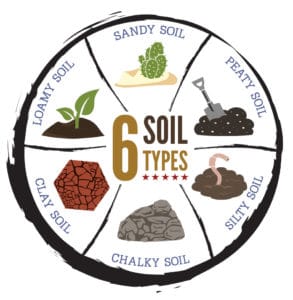
- Sandy
- Peaty
- Silty
- Chalky
- Clay
Every part of the country features different types of soil. In fact, every state has a “state soil,” just like a state flower or a state bird. The infographic (below/to the right) maps out the most common soil types across the United States.
Determining Your Soil Type
There are a variety of tools for assessing a farmland’s soil type, according to Glen Harris, a soil scientist with the University of Georgia. The first is the USDA’s Natural Resources and Conservation Services (NRCS) page. This tool allows users to create a map of their land or land that they are considering for purchase. The process has four basic steps: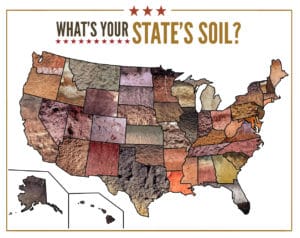
- Define the land area of interest.
- Gain detailed descriptions of the soils in that area.
- Access and save soil data and crop suitability data with the Soil Data Explorer.
- Order a free, instant, printable report, which provides a complete picture of the quality of a specified piece of land, right down to yield potential.
The NCRS database currently contains data for 95 percent of the nation’s counties, and the NCRS anticipates having 100 percent in the near future.
Ask the Soil Experts
Different crops prefer different soils, so determining the soil’s compatibility with certain crops is a key question for the region’s ag extension office, states Harris. “Extension agents not only know the area, they have access to an amazing array of useful data when it comes to soil quality and which land offers the best yield, and for which crops.”
Extension agents are also an excellent resource for what the soil needs in terms of improvements. “Other than swamp land,” says Harris, “most soil can be amended and improved, whether that’s with improved irrigation, by planting cover crops to increase organic matter, or adding lime to increase pH; there’s always something that can be done to add value and quality to soil.”
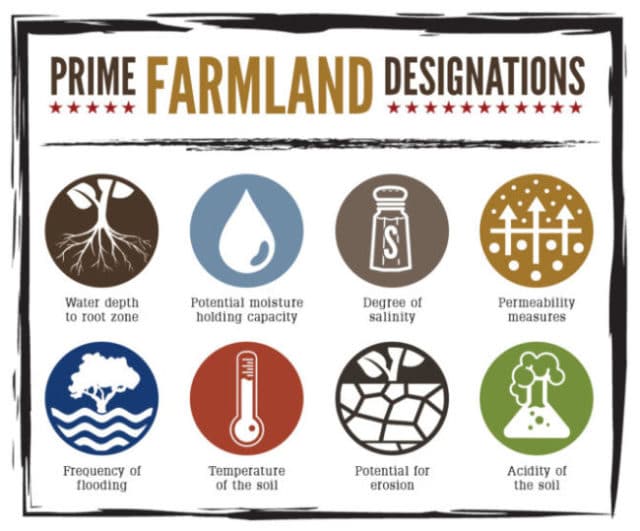 The USDA also collects data about what’s known as “prime farmland designations”, which is based on physical and morphological (organic) characteristics such as the depth of the water table in relation to the root zone, potential moisture holding capacity, the degree of salinity, permeability, frequency of flooding, soil temperature, erosion potential, and soil acidity.
The USDA also collects data about what’s known as “prime farmland designations”, which is based on physical and morphological (organic) characteristics such as the depth of the water table in relation to the root zone, potential moisture holding capacity, the degree of salinity, permeability, frequency of flooding, soil temperature, erosion potential, and soil acidity.
Determining the Worth of Dirt
All of the data about a farm’s soil type is commonly used to help create land appraisals. Appraisals are a common part of securing a land loan. They are a complex equation involving a variety of factors, with soil quality being only one of them.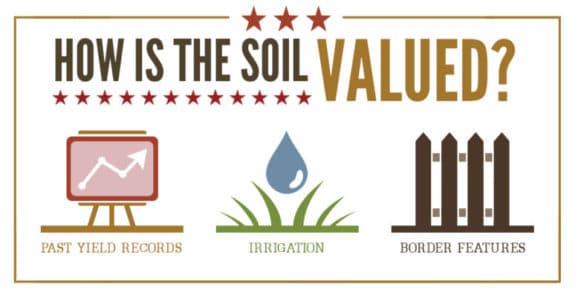
Land appraisers develop economic assessments of agricultural acreage using past yield records, existing irrigation and/or the potential for new irrigation, and border features to assess how these might affect soil quality and productivity.
As the country’s premier land lender, AgAmerica Lending has a keen understanding of how the features of agricultural land affect the real estate’s value. We’re ready to assist the country’s growers and producers with all of their land loan needs. Our custom loan packages feature low interest rates, long amortizations, and an outstanding 10-year line of credit.




